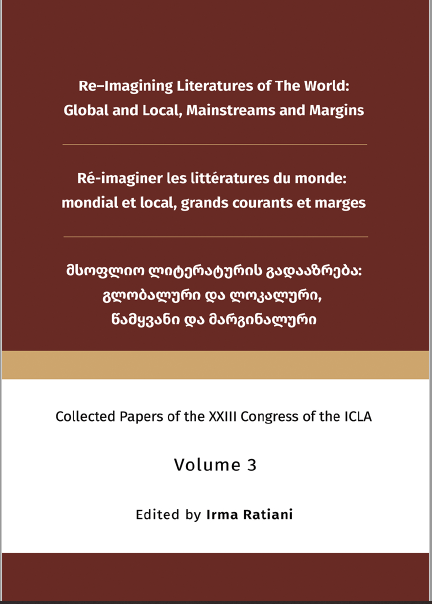Spas in France and in Japan: Historical Traditions and Literary Representations
Main Article Content
Abstract
The Ancients believed that waters mysteriously gushing out from deep in the earth and showing healing benefits were a gift from the gods. Dealing mainly with French and Japanese literary works, this paper analyses the diversity of perceptions and representations of spas.
The historian Hippolyte Taine noted in his Voyage aux Pyrénées (1855) that “Rome has left its trace everywhere in Bagnères. Lying in the marble baths, [the Romans] felt the virtue of the beneficent goddess penetrating in their limbs.” As for Japan, in Iyo Fudoki (The Customs of Iyo), an VIIIth Century story, the dying Little Prince bathes in thermal waters and quickly recovers. Spas thus harbor a deep relationship with History, cultural traditions and myths.
However, the differences between the two countries are particularly apparent in the Middle Ages. The plague epidemic in the XIVth century is linked to the decline of spas in Europe. Ambroise Paré, medical pioneer, insisted that one of the causes of plague (viewed as a consequence of God’s wrath toward mankind) was bathing. On the other hand, in Japan, bathing was still recommended, as the Buddhist tradition preaches the importance of ablutions to cleanse impurities from body and mind.
In spite of such differences, spas have attracted the interest of French and Japanese writers, especially in modern times. Guy de Maupassant’s novel, Mont-Oriol (1887), focuses on a spa’s development. Christiane, the main character, who was dependent on men (her husband and her father), is transformed into an independent woman through her encounters with various people in and around a spa. In Japan, Sôseki Natsume, one of the representative modern writers in Japan, is the author of Botchan (1906). Botchan, a young man, moves from Tokyo to a hot springs town far from the capital city, symbolizing the feudal era. Botchan defies authority and those who represent it, ushering through his actions the beginning of a new era.
Thus in both countries spas are described as places of personal renewal, offering an initiation into a fresh new world, in original decors and situations having inspired writers and artists.
